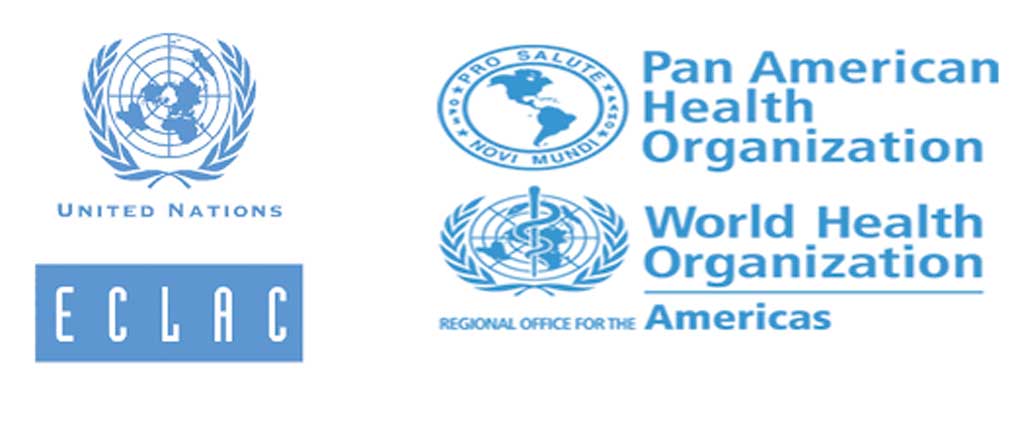The document warns of the urgency of investing in this area to reduce inequality and achieve the Sustainable Development Goals (SDGs), with only six years to go before the targets are met.
This will be the third publication by both UN institutions, following those made in 2020 and 2021 to analyze the impacts of Covid-19.
The multiple challenges inherited from the pandemic, together with the development crisis in the region, caused significant setbacks in the SDGs and in key health indicators, warned an ECLAC communiqué.
Among the problems identified in this sector are chronic underfinancing and fragmentation and segmentation that generate difficulties for medical care, inequity, as well as a lack of efficiency and coordination.
Both the Economic Commission for Latin America and the Caribbean and PAHO recommend carrying out reforms to guarantee timely and quality access to health care and strengthen institutional capacity to respond to current and future health emergencies.
They also consider it necessary to increase public investment in this sector to at least six percent of Gross Domestic Product and, of this figure, to direct 30 percent to primary health care.
ECLAC points out that with little time left to achieve the UN’s 2030 Agenda, it is urgent to implement effective measures that allow recovering lost progress and resuming the sustainable development agenda.
The report will be presented by ECLAC Executive Secretary, José Manuel Salazar-Xirinachs, and PAHO Director, Jarbas Barbosa, at a meeting that will also be attended by the Chilean Health Minister, Ximena Aguilera.
ef/lb/car









